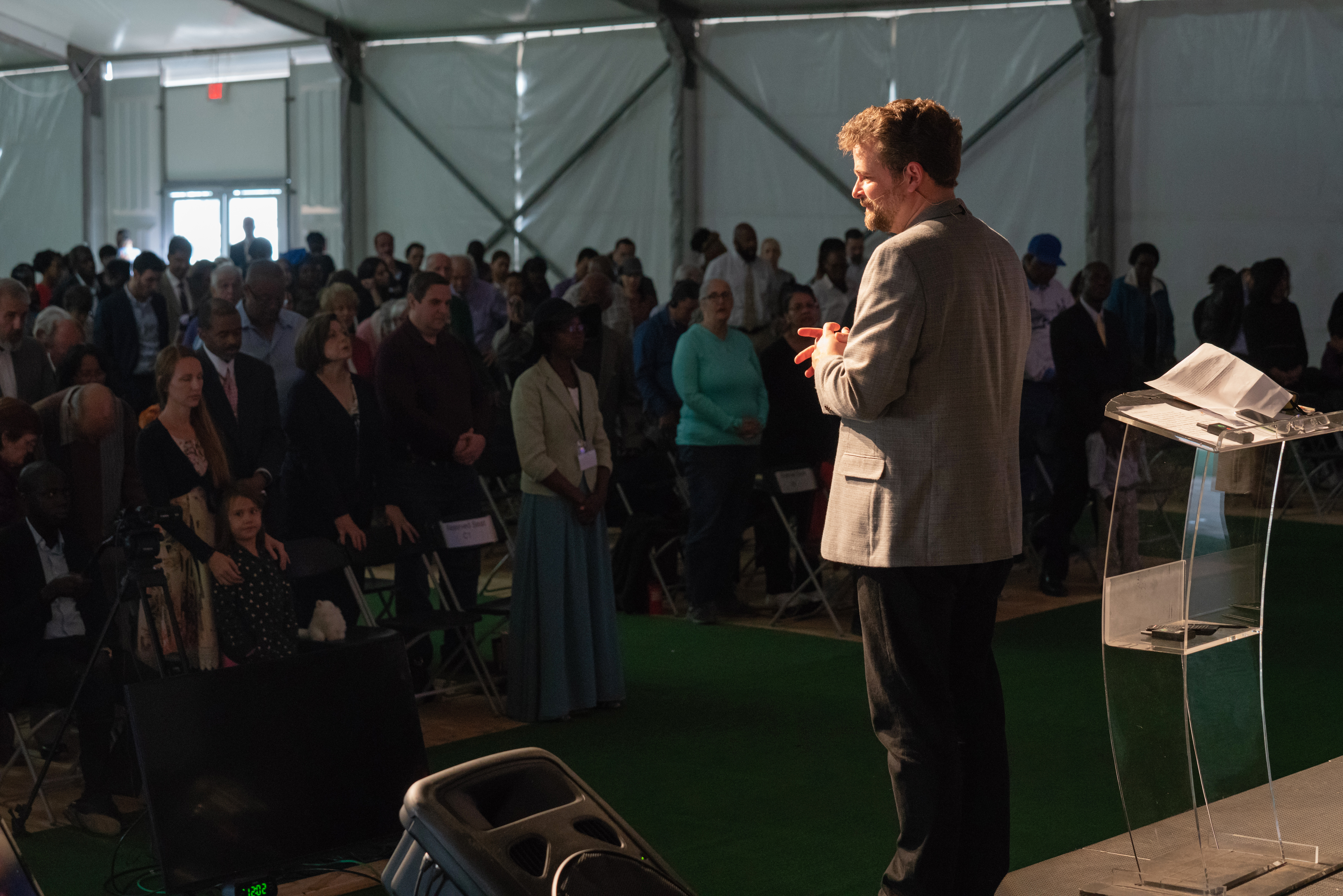
A Return to the Stars
The sextant is making a comeback.
Since the 1970s, the US Navy has become more and more reliant on cutting-edge technology to guide its ships. Satellites and GPS have made navigation incredibly easy; today, finding your place on the ocean is not much more complicated than using the Garmin in your car. But high technology has an inherent flaw: it can go down for any number of reasons, not the least of which is sabotage by the enemy. Satellites can be destroyed, signals can be jammed, and electronics can be compromised.
So the Navy is going old school: they’re ensuring that navigators know how to find their place using the stars. As it turns out, the night sky is rather difficult to hack.
Allow me to draw a comparison with the way people worship. I will acknowledge, up front, that the analogy is loose and it will be utterly unsatisfactory for some.
Over the last several decades, there has been a departure from older forms of worship in church in favor of far more emotive and contemporary styles. In recent years, however, there has been a surprising development in Christianity: a return to older forms of worship. Many worshipers have found the contemporary worship service has become a routine, one that seems less meaningful with each passing year. Contemporary songs, sermons and other worship elements are beginning, for some, to feel theologically meager. As result, church services in some corners of the Christian world are beginning to resemble those of two hundred years ago–or more.
It’s entirely possible, of course, that it’s just another fad. Perhaps this next generation, bored with what has become the tradition of the modern church (don't forget: the 60s and 70s were five decades ago!) has turned to the novelty of the neo-liturgical church. It's possible that in a few years, they will become bored with that as well. But maybe, just maybe, Christians are discovering what the Navy has discovered: older can be more reliable. It may be there’s a reason that older styles of worship persisted for so many centuries: over the passage of time, key elements became profoundly meaningful.
I’m not writing this merely to question any one church’s style, or to suggest that what other people find meaningful should be pushed aside because I don’t. Far from it. But I am writing as one who, while certainly cognizant of the fact that many liturgical elements of yesteryear became mere rote with the passage of time (and some were never truly biblical), still misses certain worship elements (like silence) that have become rather hard to find. Perhaps, after several decades of dismissing the liturgies of yesterday, almost wholesale, we should pull out the sextant and rediscover why they were so profoundly meaningful to those who used them.



